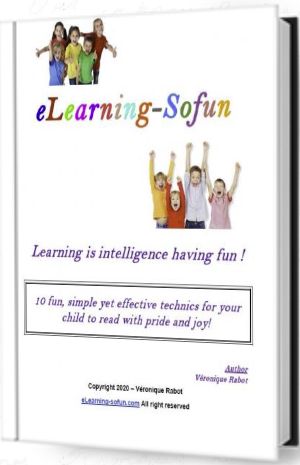In our serie “Books to travel beyond,” we will start with “Lost at School”

Lost at School – Why Our Kids with Behavioral Challenges are Falling Through the Cracks and How We Can Help Them, by Dr. Ross W. Greene.
Part 1/2
Dear parents,
As promised, here is a book summary of “Lost at School” from Dr. Ross W. Greene. He is an eminent American clinical child psychologist who is a New York best selling author.
He has been featured on Oprah Show, Dateline NBC, the CBS Morning Show, and the Public Broadcasting Services (PBS), among others, for his work on the book “Lost at School.”
Indeed, Dr. Ross W Greene developed the innovative Collaborative & Proactive Solutions (CPS) framework to handle conflict with children while teaching them the skills they are lacking.
Why this book?
We often hear that “school is not for everyone,” but are schools doing everything they can to include everyone? Dr. Greene, in his book “Lost at School,” challenges educators to go further than the usual “you do not follow the rules; here is your punishment.” But instead, collaborating with the child to find mutually agreeable solutions.
Why is this book for you!
Indeed this book was written for educators in a school setting. However, as parents, you are the first educators of your children.
Unfortunately, parenting doesn’t come with a manual as soon as our child is born. Therefore, we learn, we fumble and do our best! Thanks to this book you will have different tools to deal with conflict or plain disagreements with your child at home.
This book is a response to conflict resolution with your child. By this token, I am challenging you to use the Collaborative & Proactive Solutions (CPS) framework to apply at home!
People who read this post also read “Your child has challenges with reading”.
What are Collaborative & Proactive Solutions (CPS)?
The CPS framework is based on a question. Are we asking too much from a child for his capacity to handle a situation? It is true that some children are more apt to handle conflictual situations than others. In fact, a child can respond calmly to a given request while another will explode, screams, hits, bites, or worse.
Dr. Greene considered 3 plans, A, B and C to conflict resolution.
Even though 2 are obviously not ideal but nonetheless can find their place in dealing with discipline, the third one teaches skills a child might be lacking to resolve conflict.
Plan A: “You do or else.”
Although this authoritarian approach can be applicable when safety concerns are at stake, if used as the only mean of discipline, it might exacerbate conflicts. Where is the child’s voice with this approach? How can a child develop the necessary skills to manage conflict when adults impose their will through punishment?
Plan C: “Letting go attitude.”
Even though this laxity can find its place, what are we teaching the child? Granted that we have to pick our battles and let go of some of our expectations, but systematically doing it will leave the child to fend for himself to learn right from wrong.
Plan B or Collaborative, Problem Solving (CPS)
This solution requires the most work but the most rewards too.
- Tell yourself that if your child is not behaving appropriately, it is that maybe he does not have the cognitive capacity to handle the situation.
- Be clear about your expectation and engage in a dialogue with your child.
- Together find a solution agreeable to you and your child.
- Take this opportunity to teach the skills your child is lacking.
- Create a trusting relationship.
As a result, notice if you detect a reduction of challenging behaviors at home!
In our next post, we will develop on plan B and how it applies to a concrete example.
If you tried plan B, please, let me know how it went. We are here for you!
Your child is a person who develops at his own pace. Consequently, allow him time to learn what is expected of him.
I would like to hear from you, and please send your comments, questions on the link below.
You can also download my free book: “10 fun, yet effective technics for your child to read with pride and joy! 😉
“Learning is intelligence having fun!”
P.S: Amazon links are affiliated. We perceive a small commission if you use the Amazon links. The commission keeps us diffusing free content. Thank you for your support! 😉




About the author